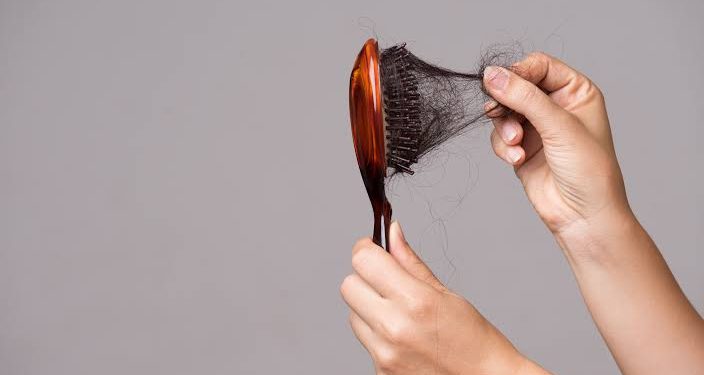Introduction
Hair loss affects millions of individuals worldwide, impacting self-esteem and confidence. Amidst various solutions, one area gaining attention is the role of DHT blockers in promoting healthier hair. Dihydrotestosterone (DHT) is a hormone linked to hair loss, and understanding how DHT blockers work can shed light on potential remedies. This article explores the secrets behind DHT blockers and their impact on hair health.
Understanding DHT and Hair Loss
DHT, a derivative of testosterone, plays a crucial role in the development of male characteristics. However, its excessive presence can bind to hair follicles, causing them to shrink and eventually leading to hair thinning and loss. This process, known as male or female pattern baldness, affects both genders and is influenced by genetics, hormonal changes, and other factors.
The Role of DHT Blockers
Natural DHT blocker are substances that inhibit the conversion of testosterone into DHT, thereby reducing its presence in the body. These blockers work through various mechanisms, including:
- 5-Alpha-Reductase Inhibition: DHT blockers often target the enzyme 5-alpha-reductase, responsible for converting testosterone into DHT. By inhibiting this enzyme, DHT production decreases, potentially slowing down hair loss.
- Follicular Protection: Some DHT blockers work by shielding hair follicles from the harmful effects of DHT, preserving their size and function. This protection can prevent or minimize hair thinning and loss.
Natural DHT Blockers
Several natural compounds exhibit DHT-blocking properties. Some of these include:
- Saw Palmetto: Derived from the fruit of the saw palmetto plant, this herbal remedy is believed to inhibit 5-alpha-reductase, reducing DHT levels and potentially slowing hair loss.
- Pumpkin Seed Oil: Rich in antioxidants and phytosterols, pumpkin seed oil is thought to block DHT and promote hair growth by nurturing hair follicles.
- Green Tea: Known for its health benefits, green tea contains catechins that may help lower DHT levels when applied topically or consumed orally.
- Pygeum Bark Extract: This extract from the African cherry tree is believed to inhibit DHT production, supporting hair health.
Pharmaceutical DHT Blockers
In addition to natural remedies, pharmaceutical DHT blockers are available in various forms:
- Finasteride (Propecia): A prescription medication, finasteride, works by inhibiting 5-alpha-reductase, reducing DHT levels and slowing hair loss in men. However, it’s essential to consult a healthcare professional due to potential side effects.
- Minoxidil (Rogaine): While not a DHT blocker, minoxidil is a topical treatment that promotes hair growth and is often used in combination with other therapies, including DHT blockers.
Effectiveness and Considerations
The effectiveness of DHT blockers can vary among individuals. Factors such as genetics, hormonal balance, and the stage of hair loss can influence their efficacy. Moreover, side effects associated with pharmaceutical DHT blockers, though rare, should be thoroughly researched and discussed with a healthcare provider.
Conclusion
The quest for healthier hair often involves exploring various remedies, and DHT blockers emerge as a promising solution. Whether through natural compounds or pharmaceutical interventions, inhibiting the effects of DHT presents a potential avenue to slow down hair loss and promote thicker, fuller hair. However, individual responses and considerations about side effects underscore the importance of seeking professional advice from Hair Smart before embarking on any treatment regimen.
In summary, unlocking the secrets of DHT blockers offers a glimpse into a potential solution for individuals striving to maintain healthy, vibrant hair, instilling hope for those grappling with hair loss concerns.


 Home
Home









